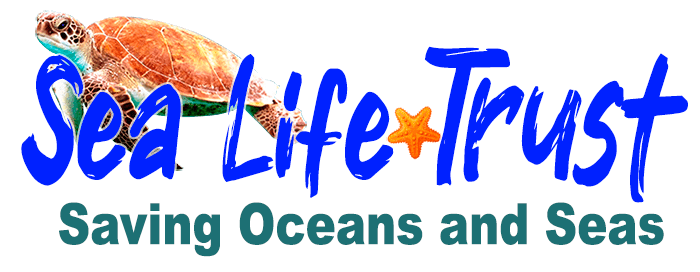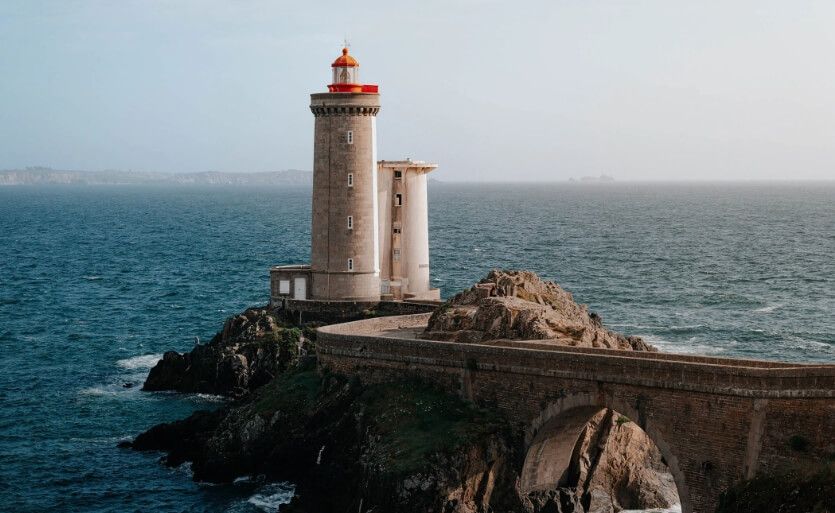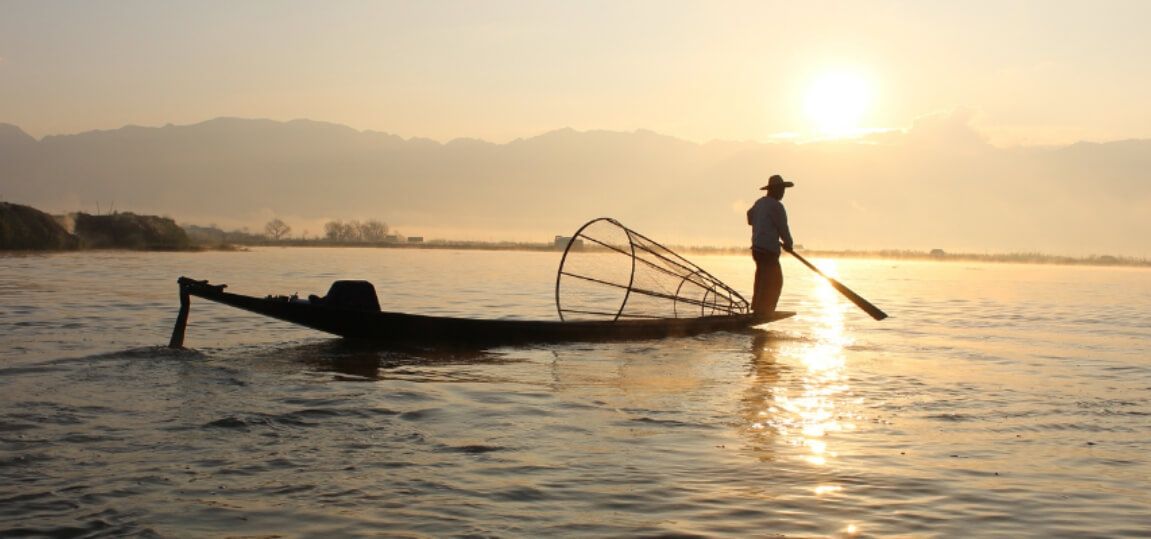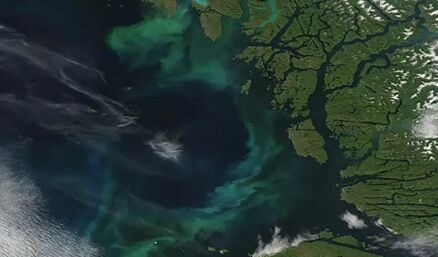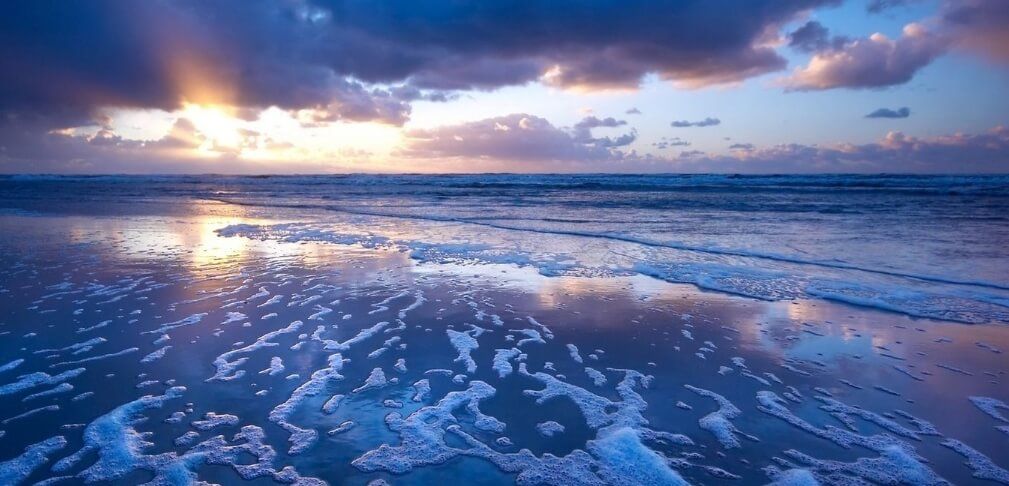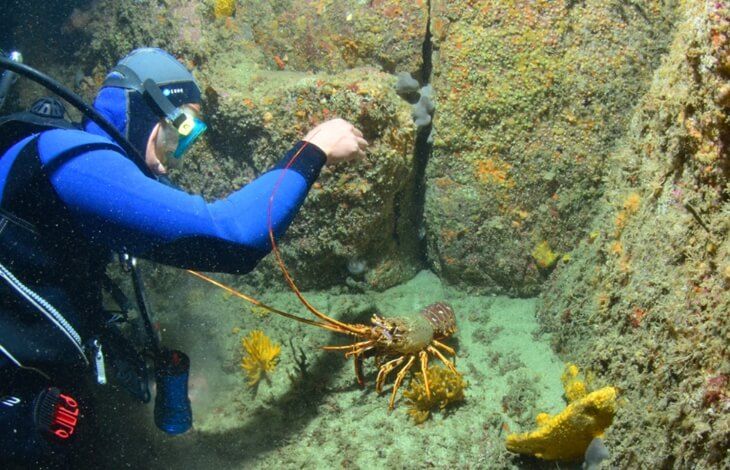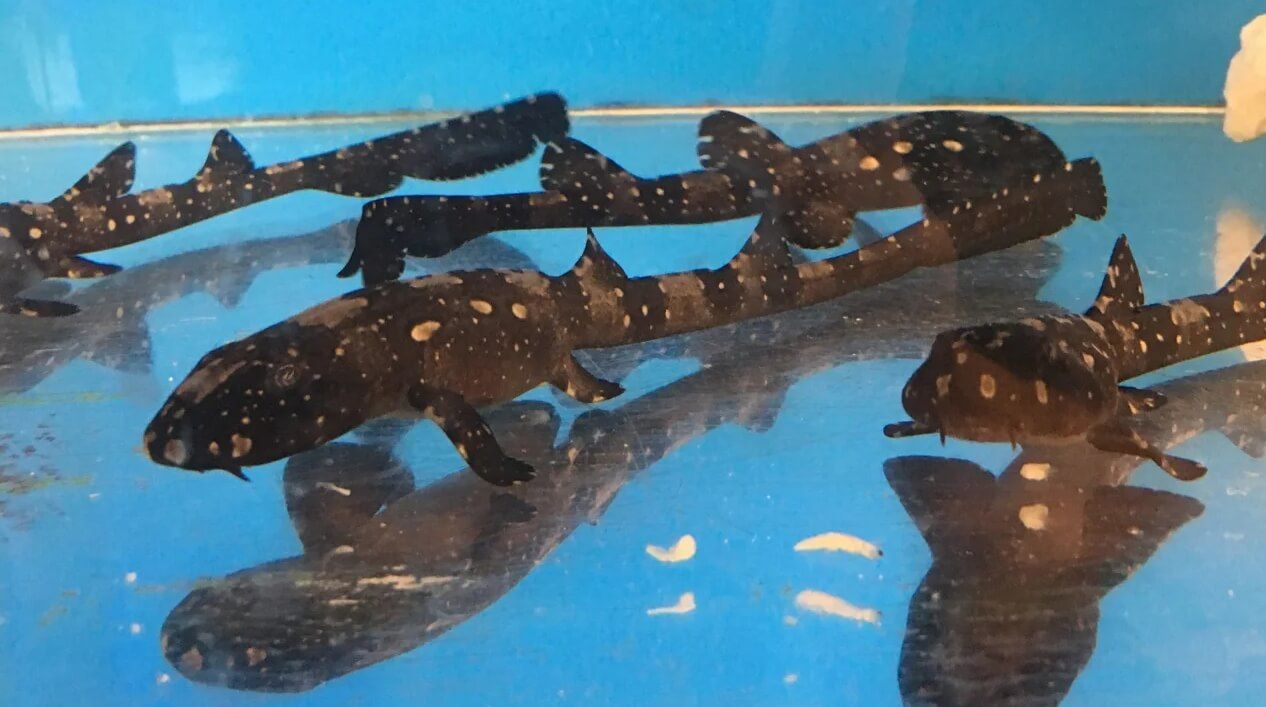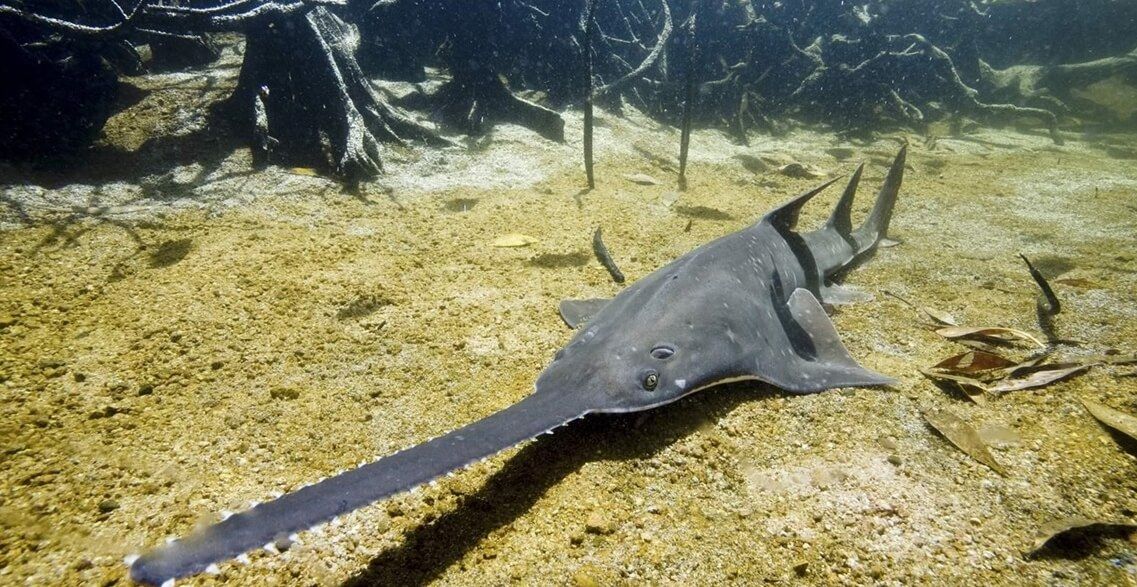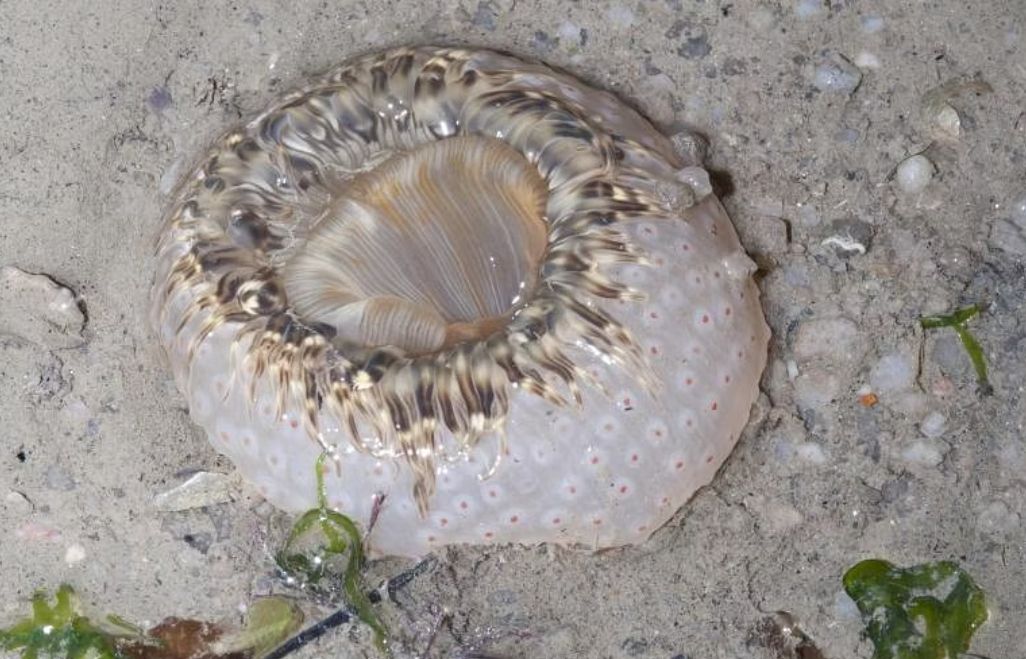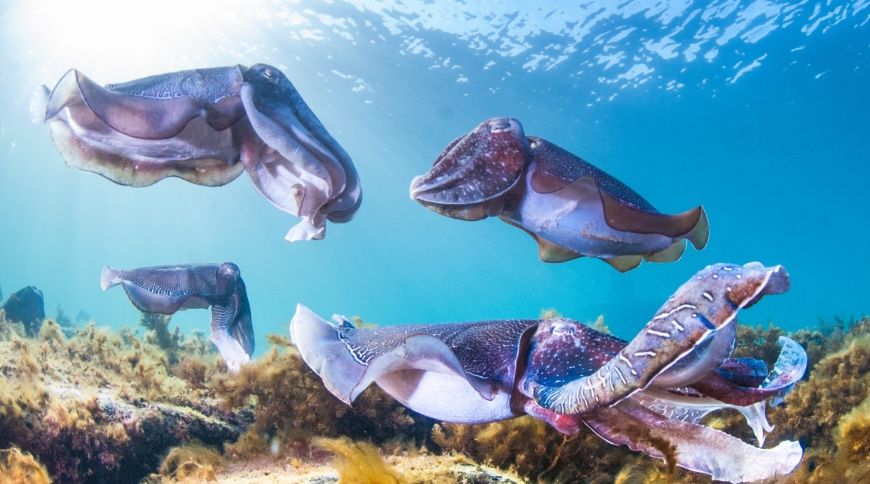In France, a “reserve of sea waves” is created to preserve the unique marine environment of Brittany. Local surfers initiated the establishment of this marine reserve to protect the physical structure and integrity of the waves in the region. The reserve status prohibits any activities that could alter the marine environment, such as building dams, ports, or wind farms. This move aims to safeguard the local ecosystem and maintain the purity of the waters, which are famous for attracting wave-riders from around the world due to the presence of strong winds and massive waves. Additionally, thousands of tourists visit the area each year to witness the power of the Atlantic Ocean.
Meanwhile, on the island of Corsica in another French region, environmentalists are advocating for the Tavignano River to be granted legal personality. The river is recognized as a natural area and serves as a refuge for diverse fauna and flora. Moreover, its waters are used for irrigation purposes. However, the river mouth faces a potential threat from businessmen planning to construct an industrial waste landfill. By attaining legal entity status, activists hope to challenge these plans in court and protect the river from potential environmental harm.
In Spain, the shallow lagoon of Mar Menor has been elevated to a legally protected category. Originally part of the Mediterranean Sea, the lagoon became separated by a sandy spit over many centuries, giving rise to a unique ecosystem within the shallow salt lake spanning an area of 170 square kilometers. Unfortunately, local enterprises caused damage to this special habitat, particularly evident in 2016 when agricultural fertilizers were dumped, leading to a significant decline in the mussel population, with 98% of them dying in the lagoon. With the achieved legal status, activists now have official rights to file lawsuits to protect the water area from further environmental damage.
These initiatives in France and Spain highlight the growing importance of preserving marine ecosystems and promoting environmental protection efforts. As climate change and human activities continue to impact our planet’s delicate ecosystems, such actions are crucial in safeguarding the world’s natural heritage for future generations. Marine reserves and the recognition of legal personality for rivers and lagoons demonstrate the commitment of local communities and environmental activists to foster sustainable practices and protect the precious biodiversity and beauty of our oceans and waterways. Through such collective efforts, we can strive to create a harmonious balance between human development and nature, ensuring the preservation of these unique and invaluable ecosystems.
